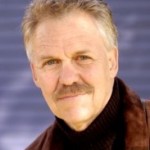Bill Cleveland
Seattle, Washington

William Cleveland is a pioneer in the community arts movement and one of its most poetic documenters. His books Art In Other Places and Making Exact Change and Art and Upheaval: Artists at work on the Worlds Frontlines are considered seminal works in the field of arts-based community development. Activist, teacher, lecturer and musician, he also directs the Center for the Study of Art and Community. Established in 1991, CSA&C works to build new working relationships between the arts and the broader community specializing in the development and assessment of arts-based community partnerships, and training for artists, and their community and institutional partners. The Center works with artists and arts organizations, schools, human service and criminal justice agencies, local and state government and the business and philanthropic organizations. Mr. Cleveland’s 30-year history, producing arts programs in cultural, educational and community also includes his leadership of the Walker Art Center’s Education and Community Programs Department, California’s Arts-In-Corrections Program and the California State Summer School for the Arts. He has also been an Assistant Director of the California Department of Corrections and worked as a youth services counselor and resident artist under the auspices of the Department of Labor’s Comprehensive Employment and Development Program. His most recent book Between Grace and Fear: The Role of the Arts in a Time of Change written with Patricia Shifferd was published in 2010. His new CD, Songlines, based, in part, on stories from Art and Upheaval, was just released.
Presentation(s):
Open Space Technology – Session 1
Day 3 / Apr, 14 @ 10:15 am
Top Floor : Starlight Room
Introduction to the “Market Place of Ideas” with Bill Cleveland
What is Open Space Technology? Open Space Technology has been defined as:
• a simple, powerful way to catalyze effective working conversations and truly inviting organizations — to thrive in times of swirling change.
• a methodological tool that enables self-organizing groups of all sizes to deal with hugely complex issues in a very short period of time.
• a powerful group process that supports positive transformation in organizations, increases productivity, inspires creative solutions, improves communication and enhances collaboration.
• the most effective process for organizations and communities to identify critical issues, voice to their passions and concerns, learn from each other, and, when appropriate, take collective responsibility for finding solutions.
The goal of an Open Space Technology meeting is to create time and space for people to engage deeply and creatively around issues of concern to them. The agenda is set by people with the power and desire to see it through, and typically, Open Space meetings result in transformative experiences for the individuals and groups involved.
Freedom Fandango: Conflict, Justice and the MUSE
Day 2 / Apr, 13 @ 4:15 pm
Top Floor : Starlight Room
Many cultural workers are advancing the development of healthy communities by applying their creative resources in most distressed regions of our society. As these interventions in community cultural development has increased, so have the stakes for communities and creators tackling daunting issues like public safety, urban redevelopment, education reform, and economic and social justice. This talk explores the opportunities and challenges encountered when artists, arts organizations and their community partners in join forces America’s conflict zones. It will share some of the lessons and strategies that that have emerged in the field in response to the unique demands of this kind of work. Some specific questions to be addressed include:
What skills do creative problem solvers need to enter into successful collaborations?
Are there different aspects of the creative called up by different circumstances?
How do partners share power, define success and build trust?
Are there principals that can be applied that can strengthen the creative impulse as communities confront their most difficult problems?
What are the moral and ethical dimensions of the work?
Mapping the Landscape of Arts for Change
Day 2 / Apr, 13 @ 10:30 am
1st Floor : Regency Room
An interactive session that engages participants in mapping their work in the spectrum of community development, community building, civic engagement, social change, and social justice with the intention to explore issues of framing, language, practice and standards., Taking a wide-angle view of “arts for change” work. Consider intention, outcomes and accountability for the creators, investors, and communities involved.





